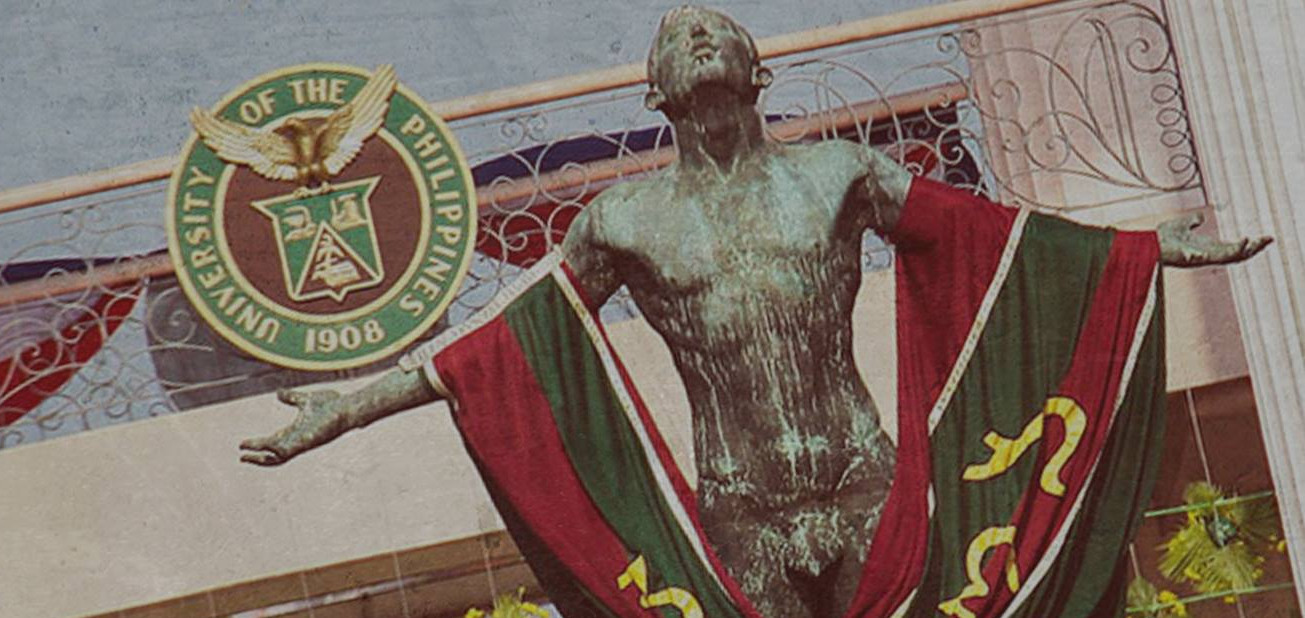UP School of Statistics warns vs. ‘kalye surveys,’ studies with ‘unclear’ methods
By SUNDY LOCUS, GMA Integrated News Published February 22, 2024 10:33pm The University of the Philippines School of Statistics (UP STAT) faculty on Thursday urged the public to be vigilant of “kalye surveys” on social media and similar studies with “unclear methodologies” as these may be tainted with bias. The UP STAT faculty issued the […]


By SUNDY LOCUS, GMA Integrated News
The University of the Philippines School of Statistics (UP STAT) faculty on Thursday urged the public to be vigilant of “kalye surveys” on social media and similar studies with “unclear methodologies” as these may be tainted with bias.
The UP STAT faculty issued the warning in an official statement that “calls out abuse” and the “proliferation” of such surveys.
“We, the faculty members of the University of the Philippines School of Statistics, speak and lend our collective voice to call out the pervasive abuse of survey methodologies by some entities doing their own brand of research, and promoting them in social media,” the statement read.
It added, “We have been observing these practices, including surveys not based on random sampling, such as videos of ‘kalye surveys’ being done by some vloggers and suspicious online surveys, especially on Twitter and Facebook.”
“We are dismayed by their cavalier disregard for the principles of data gathering,” the faculty said.
National Statistician Dennis Claire Mapa and his predecessor, Lisa Grace Bersales, are among the esteemed members of UP STAT faculty.
The UP School of Statistics is recognized by the Commission on Higher Education as a Center of Excellence in Statistics. In 2014, its BS Statistics program received international accreditation from the Association of Southeast Asian Nations (ASEAN) Universities Network.
Biased results
The UP STAT noted that public relations companies, private individuals, and even some media organizations have published results with unclear methodologies.
“Surveys reveal facts, beliefs, sentiments, and opinions based on a representation of the population. However, the quality of any inference cannot rise above the quality of the methodology it is based upon,” the UP STAT faculty said.
It added that the sample selection strategy and data collection processes in polls may generate bias, such as when an interviewer purposely affects the answers of the respondents.
“Biased methodologies will only give biased results. Thus, we call on the public to be critical of surveys in this respect,” the statement said.
“Do not immediately accept survey results as they are,” it added.
When looking into survey results, the UP STAT said the public should be mindful about the target population, survey period, selection of respondents, the conduct of interviews, and controls to ensure accuracy of data collection, among others.
In February 2022, research organizations OCTA Research and Pulse Asia also warned the public against misrepresentation in surveys amid polls, including “kalye surveys,” which “cannot be counted as representative of the entire country.” — VDV, GMA Integrated News














